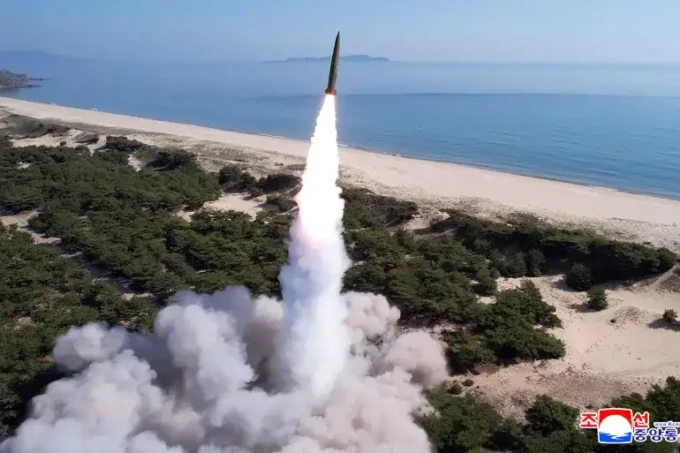The United Nations Support Mission in Libya (UNSMIL) has called on Libyan authorities to detain Osama Elmasry Njeem, a war crimes suspect recently repatriated from Italy. Njeem, also known as Almasri, was arrested in Turin in January 2025 under a warrant from the International Criminal Court (ICC), which accused him of war crimes and crimes against humanity committed at Mitiga prison in Tripoli. However, due to procedural errors in the arrest process, he was released and swiftly returned to Libya.
The ICC had issued a warrant for Njeem’s arrest, alleging his involvement in serious crimes, including murder, torture, and sexual violence against detainees at Mitiga prison since 2015. Despite the arrest, an Italian tribunal refused to approve it, allowing Njeem to be released and returned to Libya. This decision has raised concerns about Italy’s commitment to international justice and its obligations to the ICC.
In response to Njeem’s return to Libya, UNSMIL has urged Libyan authorities to detain him and ensure he faces justice for the alleged crimes. The UN mission emphasized the importance of accountability for war crimes and crimes against humanity to promote peace and stability in Libya. The call underscores the international community’s commitment to holding perpetrators accountable, regardless of their position or status.
The incident has also led to legal investigations within Italy. Prime Minister Giorgia Meloni and other officials are under investigation for their roles in Njeem’s release and repatriation. The investigation focuses on potential charges of embezzlement and aiding and abetting a crime. The case has intensified tensions between Italy’s government and the judiciary, with opposition parties and international human rights groups expressing outrage over Njeem’s release.
The controversy highlights the complexities of international cooperation in legal matters, especially concerning individuals accused of serious crimes. It also raises questions about the balance between national interests and international obligations, particularly in countries with significant migration concerns. The international community continues to monitor the situation closely, emphasizing the need for transparency and adherence to international legal standards.
As the investigations proceed, the focus remains on ensuring that individuals accused of war crimes are held accountable and that justice is served for the victims. The UN’s call for Njeem’s detention serves as a reminder of the ongoing challenges in achieving justice and accountability in conflict-affected regions.











Leave a comment